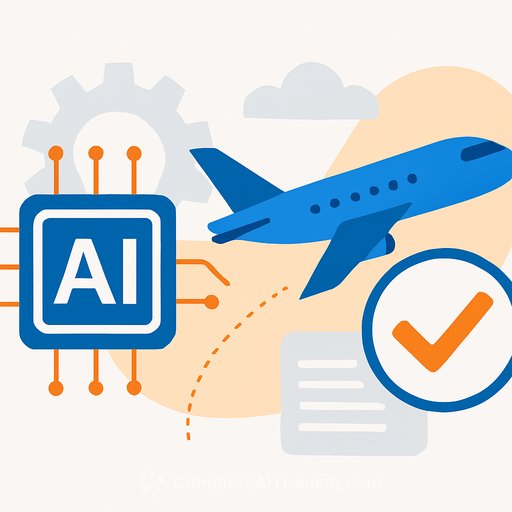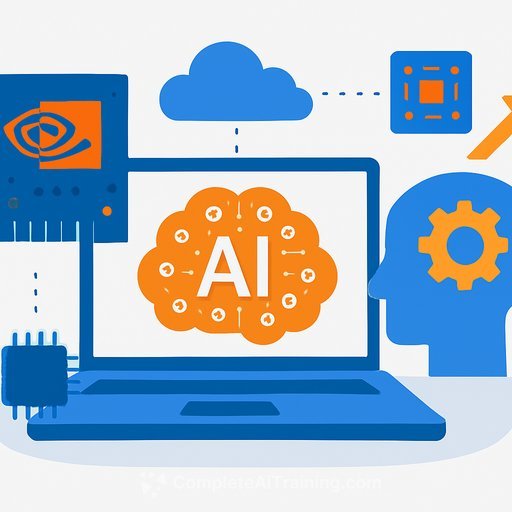Alibaba’s In-House AI Chip Sends Shockwaves Through U.S. Tech Stocks
Alibaba's move to develop its own next-generation AI chips has triggered a sharp reaction in the U.S. tech and semiconductor markets. Shares of key players like Nvidia dropped over 3% as investors reassessed demand forecasts amid rising competition from Chinese firms.
On August 29, major U.S. indexes took a hit: the Dow slipped 0.20%, the S&P 500 declined 0.64%, and the Nasdaq fell 1.15%. Alibaba, which previously relied on TSMC for its AI processors, is now advancing its chip production capabilities internally. This shift, coupled with other Chinese companies aiming to replace Nvidia’s H100 chips, signaled a potential reduction in U.S. chip demand.
Chinese Government’s Domestic Chip Policy Adds Pressure
Investor concerns intensified due to China’s policy mandating that over half of the chips used in public data centers must be sourced domestically. This policy aims to boost local chip manufacturing but raises questions about future sales for U.S. semiconductor firms.
On the trading day, stocks of Nvidia and Broadcom fell more than 3%, while TSMC, ASML, AMD, and Micron Technology experienced similar declines. The Philadelphia Semiconductor Index dropped over 3%, with nearly all of its components down. Marvell Technology’s shares plunged 18% after a weak earnings outlook.
In contrast, Alibaba’s American Depositary Receipts (ADR) surged 13%, reflecting strong investor confidence in its chip ambitions.
Market Outlook and Broader Economic Indicators
Despite the market jitters, some experts view the pullback as a potential buying opportunity. Historically, September tends to be a weaker month for the S&P 500, with an average return of -1.94% over the past decade.
Inflation data added to the cautious environment. The July personal consumption expenditures (PCE) price index aligned with expectations, showing a 0.3% monthly increase and a 2.9% rise year-on-year—the highest in five months. Persistent inflation continues to weigh on consumer discretionary and technology sectors, which both fell over 1%. Among large tech companies, only Alphabet bucked the trend, hitting a new all-time high. Dell Technologies dropped 9% after issuing a weak outlook.
The CME FedWatch Tool indicated an 86.9% chance of a 0.25% rate cut by the Federal Reserve in September. Meanwhile, the volatility index (VIX) increased over 6% to 15.36, signaling heightened market uncertainty.
What This Means for IT and Development Professionals
- Alibaba’s in-house AI chip development highlights the growing push for self-sufficiency in China’s tech industry. This could lead to accelerated innovation cycles and shifts in supply chains.
- U.S. semiconductor companies may face intensified competition, impacting partnerships and procurement strategies.
- Domestic chip policies abroad could influence global chip availability and pricing, affecting project planning and hardware investments.
- Staying informed on policy changes and emerging players is crucial for anticipating market shifts and aligning development roadmaps.
For IT professionals looking to deepen their knowledge of AI hardware and semiconductor trends, exploring targeted training can provide an edge. Check out latest AI courses to stay ahead of evolving technologies.
Your membership also unlocks:





